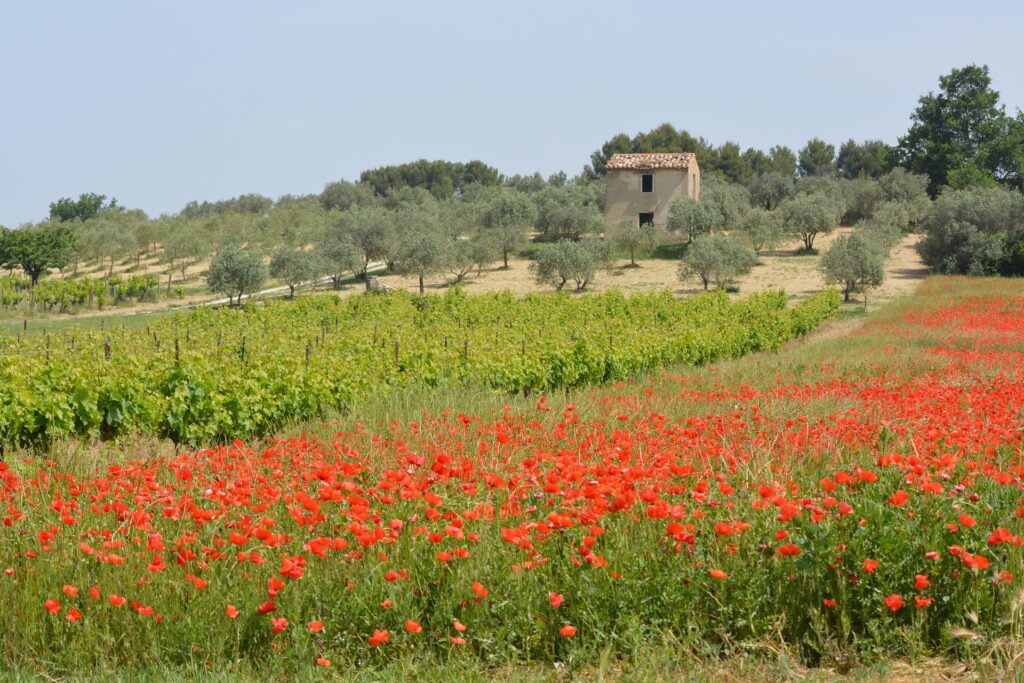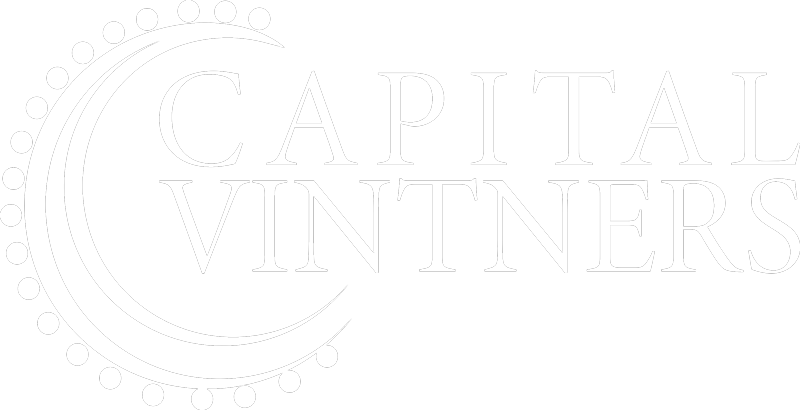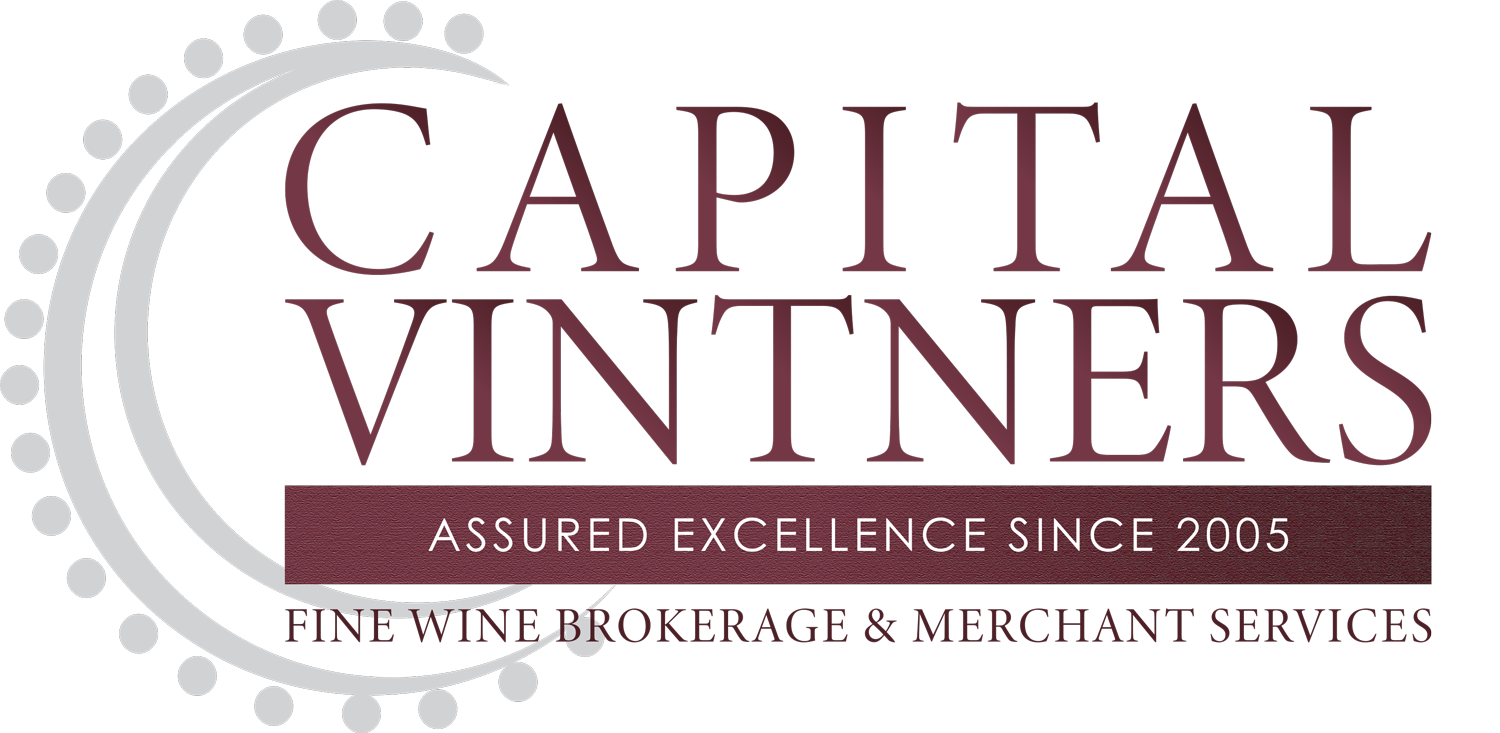News

Unless you live in a cupboard, you’re likely to have seen the words ‘natural’, ‘organic’ and even ‘biodynamic’ plastered increasingly over supermarket produce, from eggs boxes to healthy snacks to smoothie cartons.
The fine wine world is no different, with organic and natural wines at the forefront of viticultural trend-setting. But what do the terms actually mean? And in terms of wine quality and durability, is there any difference between these and ‘normal’ wines?
Natural fine wine as an investment
Even to regulators, it’s a point of contention – just last Thursday, France’s national appellation body, INAO, met with the sole purpose of deciding on a precise definition of ‘natural’ wine.
The general consensus is that natural wine is not only produced by organic and biodynamic means – it also uses natural yeasts, has no additives except for low levels of sulphites, and avoids using winemaking ‘gadgetry’ (Mega Purple, reverse osmosis, cryoextraction or powdered tannins, to name a few).
Although natural wines are increasingly sought-after, with wine fairs like RAW in London cropping up in trendy urban settings, they are still unaccredited – they do not form part of the traditional investment portfolio and are slandered by some critics and sommeliers for having ‘faults’.
Others, like Isabelle Legeron MW, co-founder of the Natural Wine Fair, will never look back. “Fine natural wines are vibrant and alive, and show excitingly diverse personalities that are full of emotion, ” she writes.
Curious? Pop down the Real Wine Fair on 17th & 18th April, or the RAW fair on 15th & 16th May in London this year.
Organic & biodynamic investment wines
The difference between organic and biodynamic farming lies in the philosophy. To use a political analogy – if organic was socialist, biodynamic would be anarchist.
Although organic wines are supposed to be produced without chemical pesticides or fertilizers, they may be employed to treat disease once it’s established, and the wines often contain high levels of sulphur dioxide.
Biodynamism, on the other hand, is a specific system of agriculture developed by Rudolf Steiner nearly 100 years ago. Vines are cared for in accordance with the lunar cycles, treated with mineral and plant extracts and ploughed by horse and cart rather than tractor, so as not to disturb the roots.
“Wine can be a spiritual thing and take you to the next level. First you have to attract people eye, nose and mouth, and then you have to try to connect with them on an emotional level and engage with their heart,” Languedoc legend Gerard Bertrand explains.
In terms of investment wine, most chateaux in Bordeaux, Burgundy and beyond are now organic, and many are turning their hands to full-on biodynamic practices.
“Having switched to biodynamics I’ve noticed that the wines are more vibrant and fresh. We’ve reduced our yields by 20% as a result but the challenge is to be the best not the biggest,” says Languedoc legend Gerard Bertrand.
“We plant by the phases of the moon and use different biodynamic preparations. We only blend on flower or fruit days as you feel a real greenness and bitterness in the wines on root days. There is more acidity in our wines since we converted, meaning our whites can now age for over a decade whereas before they could only age for 2-3 years.”
But how do they differ in taste?
Wine writer Will Lyons had the opportunity to taste 10 Pontet-Canet back vintages, both from before and after the estate went fully biodynamic.
“There is no doubt that from 2005 there is a noticeable step-up in quality. The ’05 has lively aromatics with lots of lush, ripe fruit. I also enjoyed the ’07 and ’08; the former has a silky, pure texture, and the latter is more refined,” he writes, adding that on the whole, biodynamic wines “tend to taste brighter, purer and more alive”.
Is biodynamic wine a good investment?
It is postulated that in 10 years’ time, all classified growths will be biodynamic. In terms of securing the right investment, these wines are certainly not to be overlooked!
Biodynamic investment-grade wines from Capital Vintners
Top names in biodynamic wine include Bordeaux Premier Cru Chateau Latour and Grand Cru Pontet-Canet, with Premier Cru Margaux hoping to convert by the end of 2017.
As for Burgundy, star houses Domaine de la Romanée-Conti, Domaine Leroy and Domaine Leflaive all employ biodynamic practices.
As a leading fine wine brokerage, we offer all these wines and more at competitive prices. Give one of our experienced brokers a call for advice on compiling a great, sustainable fine wine portfolio.

